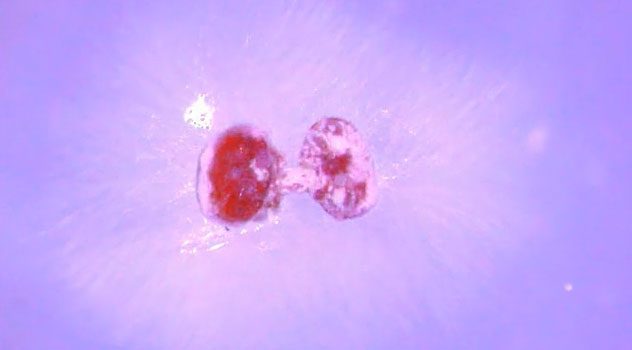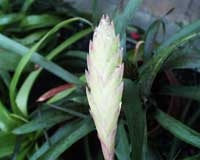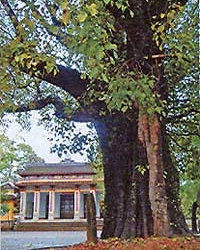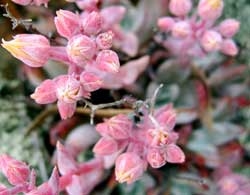Scientists Develop High-Temperature Resistant Fungus to Eliminate Varroa Parasites That Weaken Bees’ Immune Systems.
Varroa Mites are dangerous parasites for bees, feeding on fats from their bodies, which leads to weakened immune systems and increased susceptibility to diseases. To protect bee populations, entomologists at the University of Washington (USA) have developed a new fungus called Metarhizium to eliminate Varroa mites.

This fungus is effective but expensive and does not last long due to the temperatures in the beehive.
Steve Sheppard, a member of the research team, stated that this fungus is effective but costly and does not maintain its efficacy for long due to the temperatures within the beehive. “Therefore, the team used directed breeding methods to develop a strain of Metarhizium that can survive at higher temperatures,” he said.
Instead of using pesticides and chemicals, discovering this specialized fungus means the Varroa parasites do not develop resistance and it does not harm bee health. Metarhizium does not affect the health of bees; it only invades the parasite’s body and kills it before it can reproduce and grow.
While culturing Metarhizium, researchers screened more than 27,000 parasites to identify the most dangerous variants. “After that, the team spent two years on field testing, not just stopping at the laboratory,” said Jennifer Han, the study’s author.
Metarhizium is effective in killing Varroa mites while also boosting the immune system of bees. This could be considered a potential biological agent in agriculture. “However, the team still needs permission from the Environmental Protection Agency to introduce this fungus to beekeepers,” Jennifer Han added.
Bees are crucial for agriculture, responsible for pollinating over 80 types of crops, accounting for about one-third of all crops. Since 2006, bee populations have significantly declined due to environmental factors, agricultural chemicals, and parasites.
Parasites in bees are destroyed by Metarhizium fungus. (Video: University of Washington).




















































